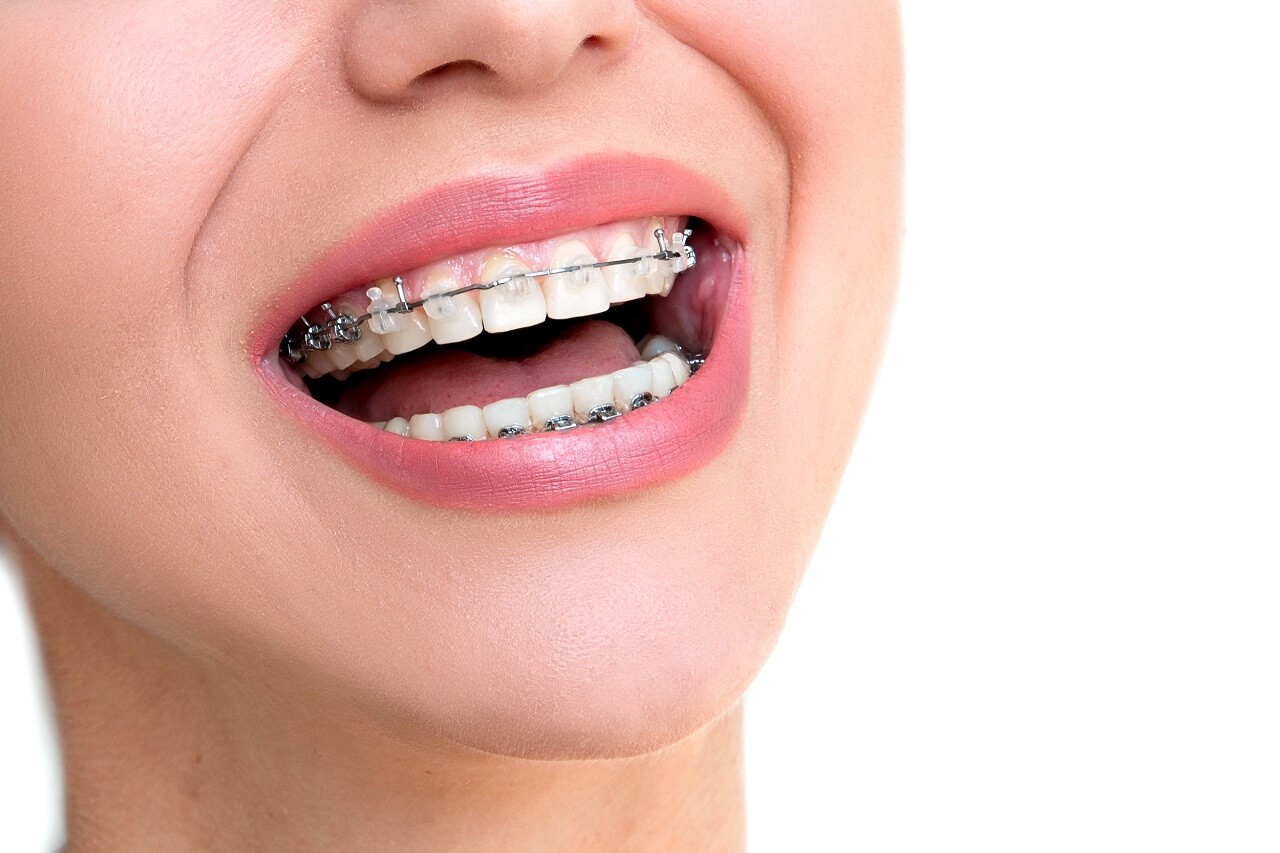If you have crooked teeth, you know the very best reasons to get braces of one kind or another — so you can have straighter teeth. Whether you opt for the most traditional wire and metal braces (or ceramic or lingual versions of that traditional bracket-and-wire model) or a system based on removable aligners, straight and evenly spaced teeth may only be months away.
Crooked teeth can do more than cause crooked teeth, though. And straightening those teeth can have impacts far beyond a more attractive smile. As you consider whether to do something about your misaligned teeth and consider the various options you have available, here’s what you need to know.
Why crooked teeth are a bad thing
You may not need to be persuaded that straight and evenly spaced teeth are better than crooked and inconsistently gapped ones. But do you know why?
- Let’s start with the low-hanging fruit. Crooked teeth degrade the attractiveness of your smile and take a toll on your confidence
- Depending on how crooked your teeth are, you may not be able to brush and floss all surfaces and edges
- Ineffective brushing and flossing will permit plaque and tartar buildup and leave you vulnerable to tooth decay
- As if tooth decay weren’t bad enough, that plaque and tartar buildup due to your crooked teeth can cause bad breath
- Misaligned teeth can contribute to bad bites that make eating painful, which can undermine your diet, digestion, and health
- You’ve been living with crooked teeth for so long that you may not notice, but misaligned teeth can affect how you speak
- If you clench your jaw at night and grind your teeth, straightening those teeth with braces may put them into the right position to eliminate that grinding and the harm it can cause
If you’re persuaded to look into straightening your teeth, keep in mind that this may not mean you’re signing up for years of “metal mouth” taunts. You have more options when it comes to straightening your teeth than you may realize. Here’s a quick introduction to four options.
Metal brackets
This most traditional type of braces in NE Calgary consists of metal brackets bonded to the front of your teeth, which brackets are connected to each other with wires and/or elastics. Pressure is applied by the wires, not the brackets, but the brackets hold those wires in place and close to your teeth while your teeth are moved. Braces near you are suitable for patients of all ages. They’re the most economical way to straighten your teeth, but also the most obvious.
Clear aligners
Clear braces use removable plastic aligners to gradually shift teeth with a series of sequential aligners. The aligners are custom-designed for you using digital images and impressions. The most significant advantages of clear aligners are that they are removable and nearly transparent. You should wear them for 20 to 22 hours every day, and be sure to clean them every time you take them out of your mouth.
Ceramic braces
Ceramic braces work just like wire and metal braces. What’s different is that the metal brackets are made from ceramic materials that blend naturally with the enamel of your teeth. This means ceramic braces are much less visible than metal bracket braces, but only to a point. Even with ceramic brackets, the wires between the brackets are made of metal and are still visible. Keep in mind that ceramic brackets are vulnerable to getting stained.
Lingual braces
Lingual braces are identical to traditional wire and metal braces, except that they’re installed on the inside or backside of your teeth. They can not be seen by other people making them ideal for people who want traditional braces but want to keep them a secret. Lingual braces work more slowly than other types of braces and are the least comfortable option because the metal brackets are so close to your tongue. Brushing, flossing, eating, and speaking can be harder with lingual braces than with the other options.
What is the next step in getting straighter and more consistent teeth? It’s as simple as contacting an Orthodontist near you and asking for an evaluation to find out if you’re a good candidate for braces. Explain your goals, ask all your questions, and let them help.

